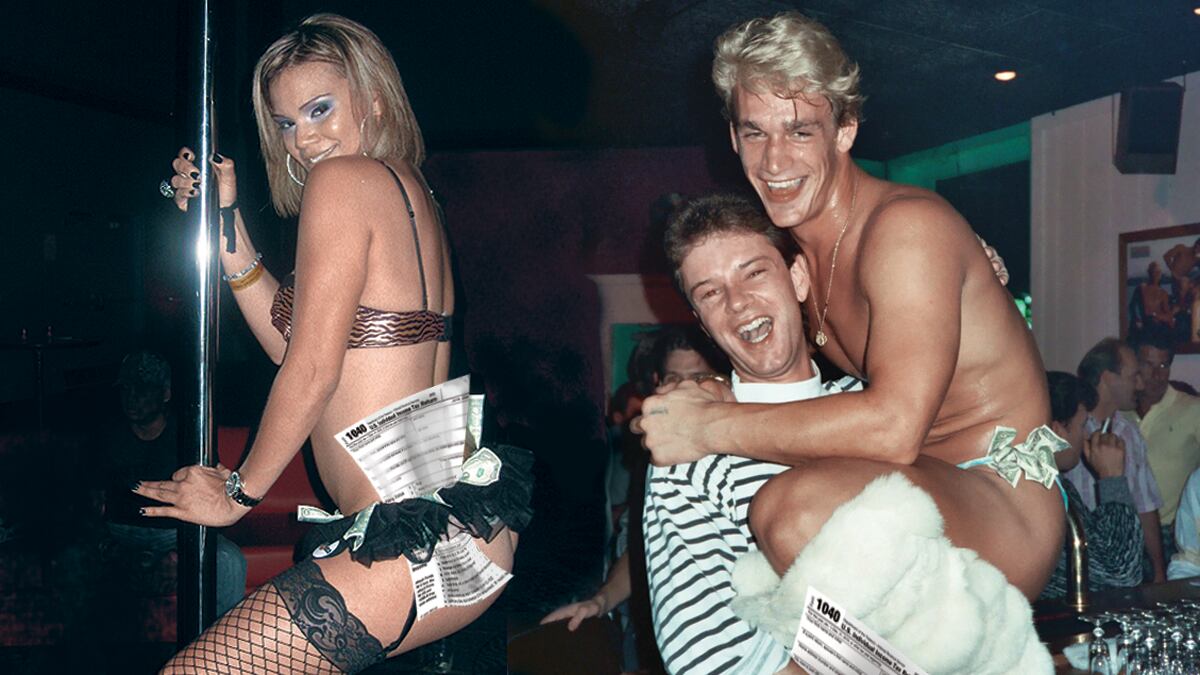Tax Day is fast approaching, friends, and olde Dr. Millar is expecting a bit of a cash refund this year, following a sizable deduction for a work expenditure. I'm the proud new owner of a top-of-the-line custom typewriter that types exclusively in Comic Sans. Why would someone need a typewriter that types in such an exceptional font, you might ask? My rationale is that the phrase "Comic Sans" literally translates to "without humor," which I believe is appropriate and tonally consistent with the kind of serious historical missives my readers appreciate.
We Portlanders are subject to a litany of inscrutable taxes. And while I do appreciate our many city services, sometimes I get the sense that our elected representatives take perverse pleasure in daydreaming about items to which they can attach their next tax, with questions about how to allocate those revenues an afterthought.
Multnomah County voters may soon be asked to vote on a soda and sugary drinks tax, which will raise the price of a can of soda by 18 cents. It seems a foregone conclusion that the petition will acquire enough signatures to appear on the November ballot. I'll vote yes because I don't drink soda, and like most people, I see nothing wrong with taxing someone else's vice. You win some, you lose some.
You soda swillers hit my wallet pretty hard back in 1985, when the city instituted a 25 percent tax on tips to exotic dancers. That was the year Mary's Club became the first place in Portland with live nude dancers to also be allowed to serve alcohol.
The city did not assess this tax against Mary's Club or the dancers themselves. Rather, it fell on the patrons—the tip-givers—to pay. If you had plans to sit at the rail, you had to go into a little booth onsite at Mary's and register with a special tax assessor, who remained there throughout the night.
You had to give the man your Social Security number, and he would give you a form to fill out and return before you left. An old change machine was purchased from the Avalon Theatre so you could cash in your bills and pay your tax as you went, or if you were a frequent flier, you could wait and declare the whole kitty on your April 15 return.
Apparently the city had a highly attuned scale designed by Multnomah Institute of Technology scientists installed under the stage. The scale measured the incremental weight increase of a single note of U.S. currency being thrown onstage. Rumor has it that the scale was sensitive enough to tell the weight differences of various bills—$1s, $2s and $100s—on the atomic level based on how many ink molecules were in the bill. Beware that I can't verify whether that last bit is true, but it is at least a fun urban legend.
This is also why sometimes you will hear longtime Portland strip clubgoers refer to the beginning of a new dancer's set as "taring the scale."
I'm happy to say the heavy-handed "pole tax" did not last long. It proved difficult to enforce, despite continued strong support from the men at the Multnomah County Office of Assessment & Taxation.

